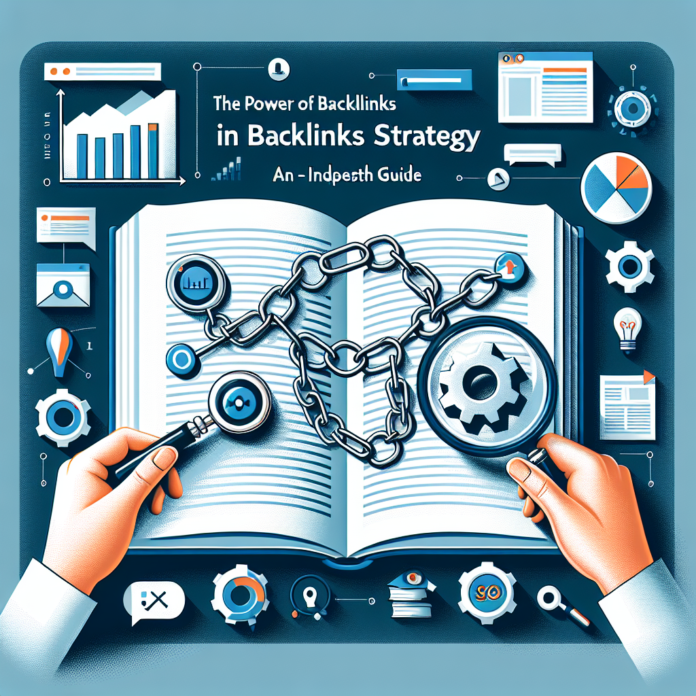Search Engine Optimization (SEO) has become a buzzword in the realm of digital marketing for its essential role in improving the visibility of websites. SEO practices can help a business develop a more substantial online presence, increasing web traffic and boosting the likelihood of conversions and customer acquisition. Among the numerous strategies employed in SEO, the use of backlinks stands out significantly.
What are backlinks?
Backlinks or inbound links are hyperlinks from one website that point to pages on another site. They are essentially ‘votes’ for the content on a web page and play a crucial part in Google’s algorithm for ranking search results.
The Importance of Backlinks
Backlinks serve as badges of endorsement for your website. Each represents another site’s willingness to direct its audience to your content, which says a lot about the value and credibility of your website. When Google sees that your page has attracted numerous high-quality backlinks, it can lead to improved search rankings. The search engine recognizes that your content is valuable enough to be recommended by others and rewards the site accordingly.
Quality Over Quantity
Backlinking is not a game of numbers; it’s rather a game of quality. Google’s algorithms have evolved to the point where they not only assess the sheer number of backlinks but also count the quality. Links from trustworthy, reputable, and high-traffic websites carry more weight than those from low-traffic or potentially spammy sites.
Types of Backlinks
There are three types of backlinks that are essential to an effective SEO campaign: natural, manually built, and self-created backlinks. Natural backlinks are given without any action from you. Manual backlinks are actively created, for example, having your customers link your website or through influenced marketing. Self-created backlinks come from your efforts in adding a backlink in an online directory, forum, blog comment signature, or a press release with optimized anchor text.
Building Backlinks
Achieving a healthy portfolio of backlinks involves creating noteworthy, high-quality content that others will want to share. features such as blogs, articles, infographics, videos, and industry studies can all attract backlinks. Guest posting on trusted sites and engaging in influencer marketing are other valuable methods of building backlinks.
Tracking Your Backlink Status
Various online tools can help you keep track of your backlinks, ensuring you are not only gaining new quality backlinks but also not losing any of the valuable ones you already have. Some tools also let you monitor the backlinks your competitors have — a very helpful feature for a successful SEO strategy.
Conclusion
Backlinks are undoubtedly an essential part of an effective SEO strategy. However, it’s not just about obtaining a large number of backlinks; it’s about obtaining quality backlinks from high-authority websites. Remember, each backlink serves as a vote of confidence in your content — the more credible the voter, the more value your website gets. With the right approach and consistent efforts, you can harness the power of backlinks to boost your SEO performance and meet your business goals.
FAQs
1. What are backlinks?
Backlinks are external links from other websites pointing to your website. They are important because they signal to search engines that your content is valuable and worth referencing.
2. How do backlinks benefit SEO?
Backlinks improve SEO performance by boosting website authority, improving website visibility, increasing traffic, and fostering relationships with other websites.
3. What types of backlinks are most valuable?
Backlinks from high-authority websites, websites related to your industry, and websites with high traffic are most valuable.
4. Can I buy backlinks?
While you can buy backlinks, it’s not recommended. Google frowns upon this practice and if you’re caught, your site could be penalized.
5. How can I track my backlinks?
Several online tools allow you to monitor your backlinks. Some examples include Google Search Console, SEMRush, and Ahrefs.

